The Hidden Meaning Behind 13 Movie Character Names
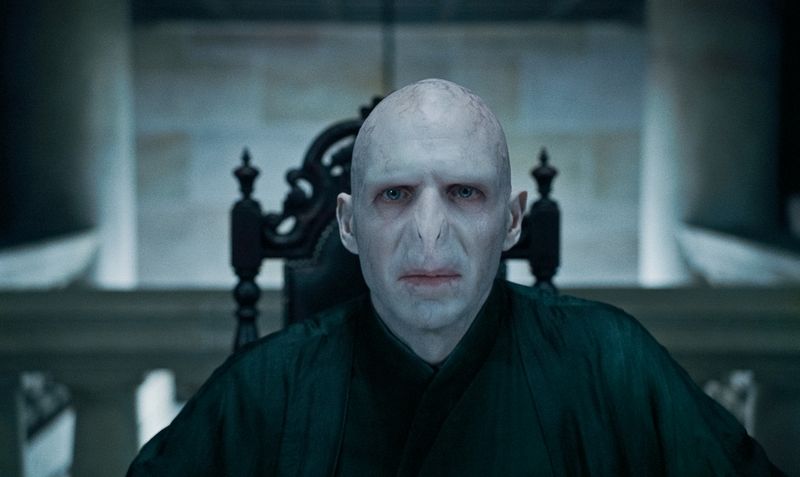
Movie characters often have names packed with hidden symbolism that adds depth to their stories. These secret meanings can reveal a character’s destiny, personality traits, or the filmmaker’s clever nod to history and mythology. Understanding the origins and symbolism behind character names gives us a whole new appreciation for the thoughtfulness that goes into creating memorable movie personalities.
1. Sirius Black (Harry Potter)

Astronomy buffs will recognize ‘Sirius’ as the brightest star in the night sky, often called the Dog Star. This perfectly matches the character’s ability to transform into a black dog. The name carries dual symbolism – representing both his animagus form and his role as a guiding light for Harry during dark times.
The surname ‘Black’ refers to his family lineage but also creates an ironic contrast. Despite coming from the ‘dark’ Black family, Sirius stands as one of the series’ most loyal and light-hearted characters.
J.K. Rowling’s naming choice brilliantly foreshadows his character arc and ultimate role in the story.
2. Neo (The Matrix)

The name ‘Neo’ derives from the Greek word ‘neos’ meaning ‘new’ – perfectly capturing his role as the catalyst for a new beginning in the machine-dominated world. As the character discovers his true identity and powers, he literally becomes the new hope for humanity.
Additionally, ‘Neo’ serves as an anagram for ‘One,’ directly connecting to his prophesied role as ‘The One’ who will save mankind. The Wachowskis layered this character’s identity with multiple meanings that reinforce the film’s themes of rebirth and destiny.
His birth name in the Matrix, Thomas Anderson, adds another layer – ‘Thomas’ means twin (hinting at his dual existence) while ‘Anderson’ means ‘son of man.’
3. Severus Snape (Harry Potter)

The first name ‘Severus’ comes from Latin, meaning ‘stern’ or ‘harsh’ – traits immediately apparent in this complex character. His intimidating classroom presence and strict demeanor make this name extraordinarily fitting.
Meanwhile, ‘Snape’ evokes the word ‘snake,’ connecting him to Slytherin House and his complicated relationship with both Voldemort and Dumbledore. The sharp, cutting sound of his full name mirrors his biting personality and razor-sharp wit.
Rowling’s brilliant naming choice subtly hints at his dual nature – the seemingly cruel exterior hiding deep loyalty and sacrifice beneath. The harshness of his name contrasts with the ultimately loving motivations behind his actions.
4. HAL 9000 (2001: A Space Odyssey)
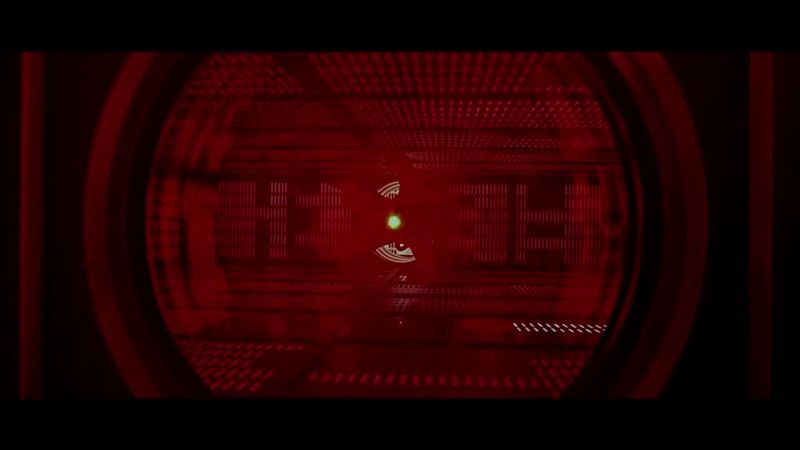
The seemingly innocent name ‘HAL’ contains a clever code hiding in plain sight. Each letter in HAL is exactly one position before the letters in IBM (H before I, A before B, L before M). Though director Stanley Kubrick denied this was intentional, the coincidence remains fascinating.
HAL stands for Heuristically programmed ALgorithmic computer, highlighting the AI’s ability to learn and reason beyond its programming. The number 9000 designates it as the most advanced in its series.
The simplicity of the name contrasts with the character’s complexity. HAL’s soft, reasonable voice paired with its emotionless red ‘eye’ creates the perfect technological villain – logical yet deeply unsettling.
5. Voldemort (Harry Potter)
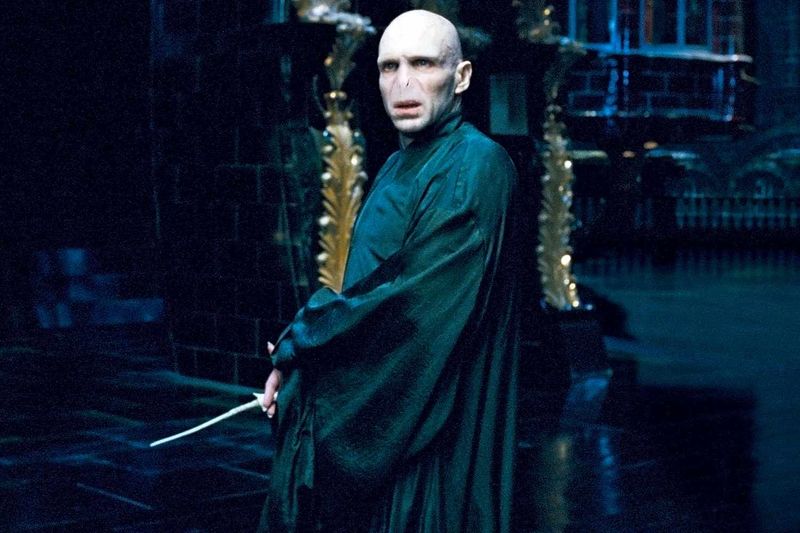
Behind the dreaded name lies a French phrase, Vol de mort, meaning “flight from death” or “theft of death,” perfectly capturing the essence of a dark wizard’s unending quest to survive beyond death with Horcruxes.
His birth name, Tom Marvolo Riddle, transforms into the anagram ‘I am Lord Voldemort,’ showing how he reinvented himself and rejected his muggle father’s heritage. The snake-like appearance he develops physically represents his inner corruption and connection to Slytherin.
Rowling’s linguistic wordplay extends to his followers too – ‘Death Eaters’ reinforces the theme of mortality that defines their master’s existence and motivations.
6. Vito Corleone (The Godfather)
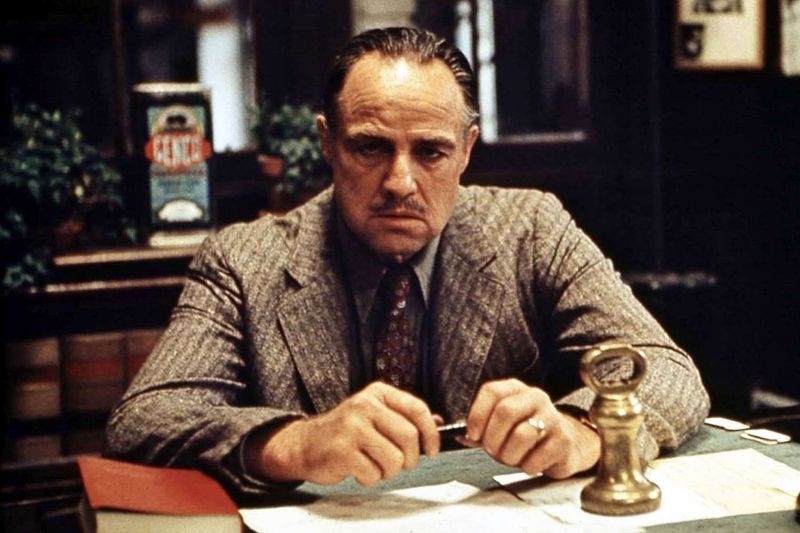
Rooted in the Latin word vita meaning “life,” the name Vito fittingly underscores a character who, though surrounded by death, is devoted to preserving his family’s legacy. His journey from poverty to power captures a shadowy version of the American dream.
‘Corleone’ directly references the real Sicilian town known for its mafia connections. The character’s birthplace in the novel is Corleone, Sicily, rooting him firmly in the historical context of the Italian mafia.
Author Mario Puzo crafted a name that embodies both the character’s life-giving role to his family and business, while acknowledging the real-world inspiration behind his fictional crime family. The name carries both power and heritage.
7. Trinity (The Matrix)
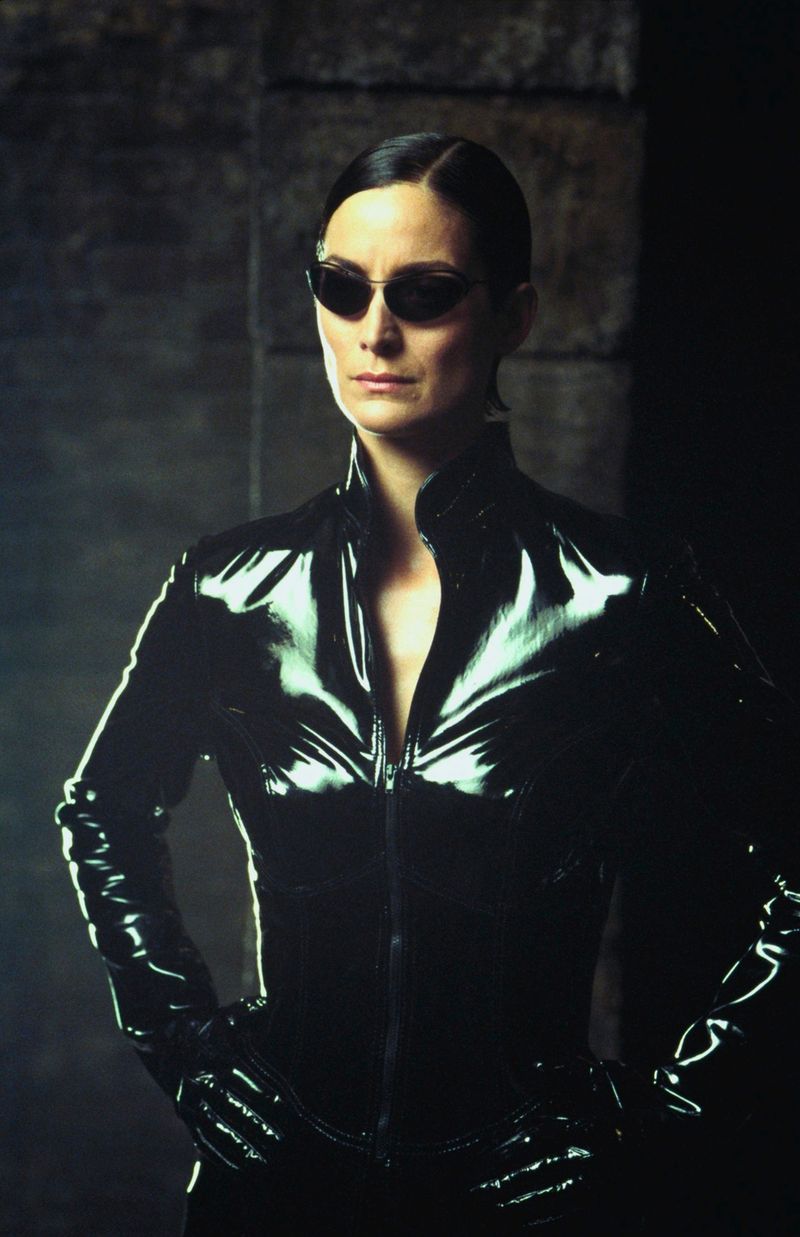
Religious symbolism runs deep in ‘The Matrix,’ and Trinity’s name directly references the Holy Trinity in Christianity. As part of the trio alongside Neo and Morpheus, she represents one aspect of the film’s savior structure – possibly the Holy Spirit to Neo’s Christ-like figure.
The number three appears repeatedly throughout her character arc. She first contacts Neo at 3:00 AM, lives in room 303, and Neo revives her with three kisses. Her name foreshadows her crucial role in Neo’s resurrection and the salvation of humanity.
Beyond religious connotations, ‘Trinity’ suggests completeness and unity – reflecting how she completes Neo both romantically and in fulfilling the prophecy.
8. Katniss Everdeen (The Hunger Games)
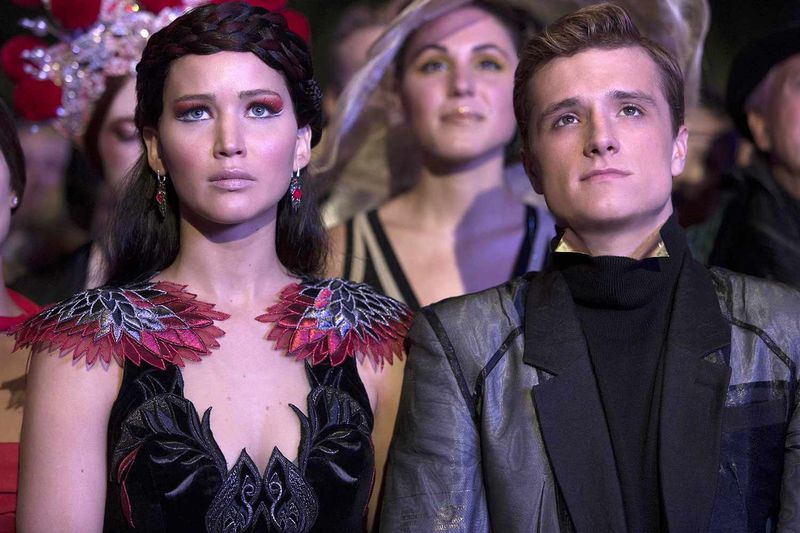
Author Suzanne Collins named her protagonist after the real aquatic plant katniss, also known as ‘arrowhead.’ This clever botanical reference foreshadows Katniss’s exceptional archery skills that prove crucial to her survival in the arena.
The katniss plant has edible roots, connecting to the character’s role as provider and hunter for her family after her father’s death. Her surname ‘Everdeen’ evokes ‘evergreen’ – plants that remain strong and alive even through harsh winters, reflecting her resilience.
Both names emphasize her connection to nature and survival skills, contrasting sharply with the technological dystopia of the Capitol. Her name embodies her character’s core traits: resourcefulness, strength, and natural adaptability.
9. Willy Wonka (Willy Wonka & the Chocolate Factory)
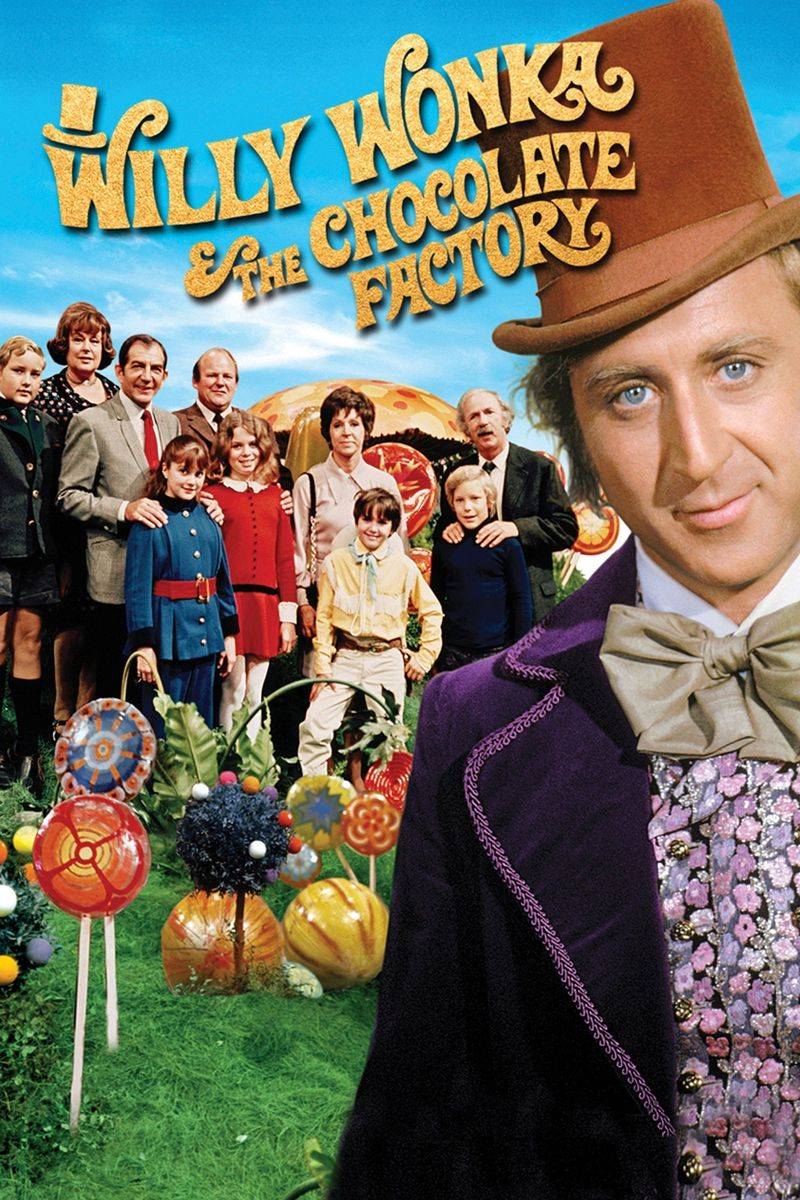
With its catchy alliteration, Willy Wonka is a name that sticks in your mind, evoking a sense of wonder and whimsy. Willy sounds lighthearted and familiar, while Wonka is a made-up, quirky word—mirroring the imaginative nature of his candy creations.
Author Roald Dahl was known for creating distinctive, often onomatopoeic names that sound like what they represent. The ‘W’ sounds have a wavering, unpredictable quality that mirrors Wonka’s eccentric personality and the wonderful yet slightly unsettling nature of his factory.
The name strikes the perfect balance between friendly and strange – inviting yet mysterious, just like the golden tickets that draw children into his world.
10. Oskar Schindler (Schindler’s List)
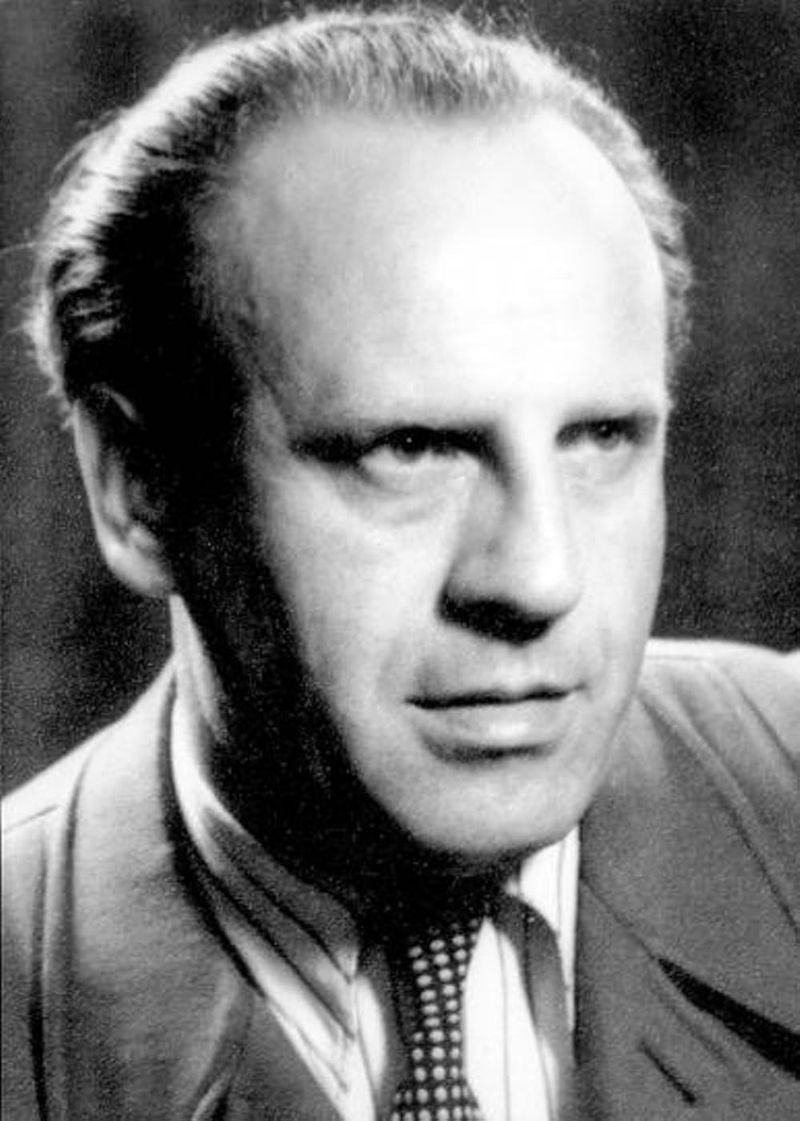
The real-life hero’s name carries no special meaning in itself, but director Steven Spielberg ensures the name ‘Schindler’ becomes synonymous with salvation through the film’s powerful imagery. The name transforms from simply German-Austrian in origin to symbolizing moral courage against overwhelming evil.
The most poignant name symbolism comes through the legendary ‘list’ that becomes part of the film’s title. Schindler’s name on that document literally meant life instead of death for over 1,100 Jewish people during the Holocaust.
Unlike fictional character names crafted for symbolic effect, Schindler’s name gained its meaning through his actual heroic actions. The film immortalized both his name and his extraordinary moral journey.
11. Forrest Gump (Forrest Gump)

Evoking the calm of nature and the idea of steady growth, the name Forrest reflects a straightforward, genuine spirit—someone who, like the woods, withstands the tests of time while remaining true to himself.
‘Gump’ has a deliberately simple, almost comical sound that reinforces his perceived limitations. Yet this short, unassuming surname belies the character’s profound impact on American history and those around him.
Author Winston Groom may have also been referencing ‘gumption’ – courage and initiative – qualities Forrest displays throughout his journey. The seemingly simple name perfectly encapsulates a character whose apparent simplicity contains unexpected depth and wisdom.
12. Gollum / Sméagol (The Lord of the Rings)
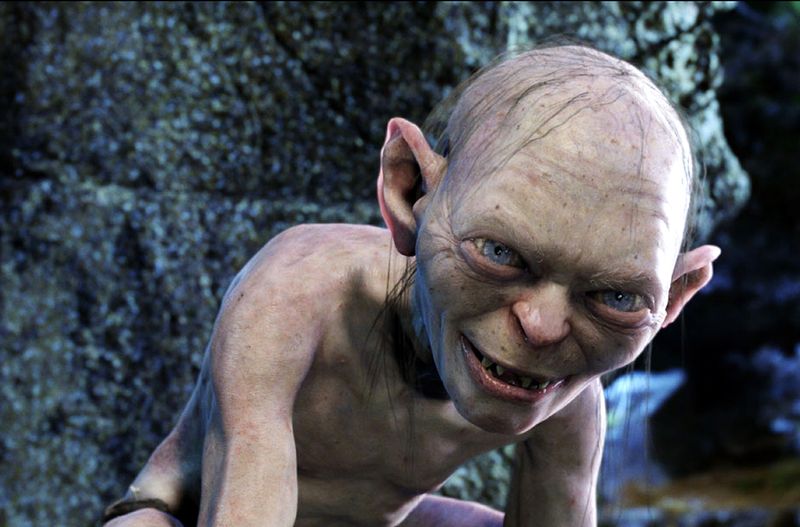
‘Gollum’ originated from the character’s distinctive throaty coughing sound – an onomatopoeic name reflecting his corrupted physical state. This transformation from his original name mirrors his physical and moral deterioration under the Ring’s influence.
His birth name ‘Sméagol’ connects to Old English ‘smygel,’ meaning ‘burrowing’ or ‘worming in’ – perfectly describing both his cave-dwelling lifestyle and how the Ring’s power wormed into his mind. Tolkien, a language professor, carefully crafted names with linguistic roots that reinforced character traits.
The duality between Sméagol and Gollum represents the character’s internal struggle between his original hobbit-like nature and the twisted creature he became – two identities trapped in one deteriorating body.
13. Luke Skywalker (Star Wars)
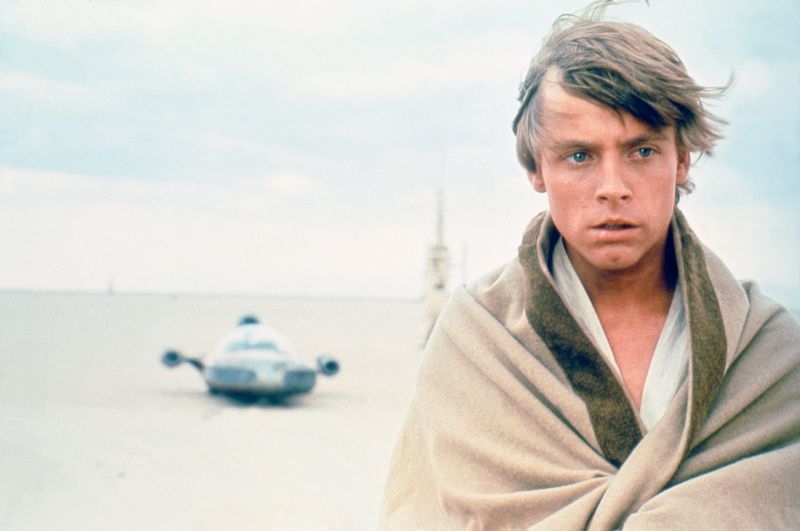
With roots in the Latin word lux, meaning “light,” Luke embodies the hope and guidance he brings in battling darkness. The biblical association ties closely to the film’s deeper spiritual messages about believing in the Force.
‘Skywalker’ beautifully captures the character’s yearning to leave his desert home and explore the stars. The name becomes even more significant when we learn his father was also a Skywalker before becoming Darth Vader.
George Lucas created a name that works on multiple levels – suggesting Luke’s destiny as a pilot, his connection to his father’s legacy, and his ultimate role in restoring balance. The name literally elevates him above ordinary existence, just as his journey takes him from farm boy to galactic hero.

Comments
Loading…